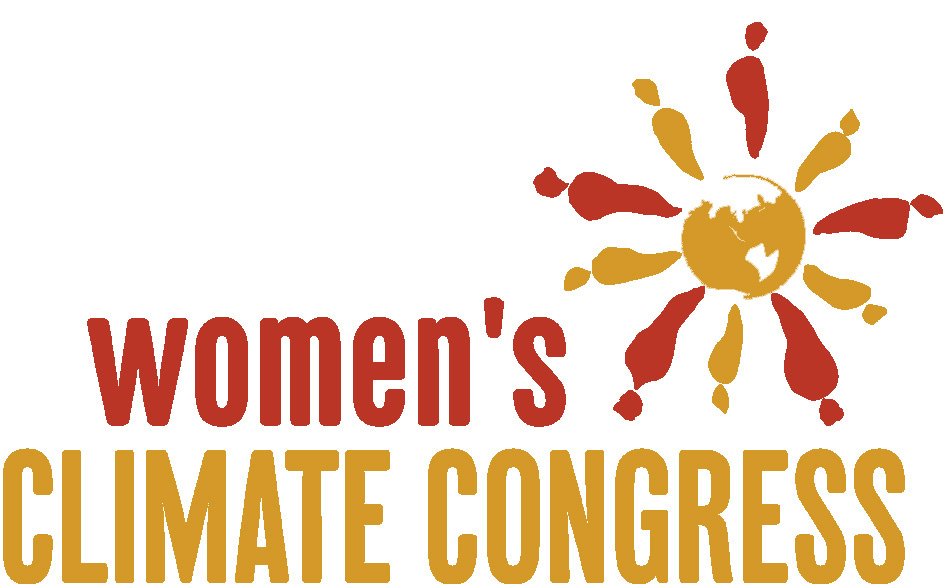Talking together, June 2020
These events continued the series of online conversations hosted by the Women's Climate Congress.
In this event, we invited all participants to join the conversation, which was moderated by Lyn Stephens and included WCC Founder, Janet Salisbury.
We addressed the question: How can WCC build the political will to promote climate balance post COVID 19?
WCC is developing opportunities to influence government decision makers – including a meeting with Neville Power, Chair of the National COVID-19 Coordination Commission on 25 June. How can we engage with him in a way to open up an ongoing conversation and take the first steps towards a broader, more inclusive process?
Based on the principles in our Discussion paper and our Vision and values statement, we want to engage our decision makers in the potential to lead an inclusive, collaborative process that will bring the community together around policies that prioritise nurture of life, and restore climate balance by 2030.
These conversations are your opportunity to join us to develop this message, and to gain ideas and confidence to take the conversation into your own community.
Background
COVID-19 has shown what becomes possible when human life is threatened. The sudden arrival of this new disease on the world scene, the high death rate and potential to overrun our health systems, have provided a very difficult challenge for governments. How to save human lives while, at the same time, maintaining enough of an economy to pay for ongoing services? In Australia, working with medical experts, our governments have done a great job of saving lives with only 102 deaths to date across the country. Compare this with the small, west country county of Devon in the UK (population 1.2 million), were there had been 155 deaths by early May.
Bold measures (unthinkable only 6 months ago) have also been taken to safeguard jobs. Now as we look ahead to after the pandemic, it is time to promote the same thinking for ‘flattening the curve’ on carbon emissions, saving lives and restoring climate balance.
The catastrophic bushfires of 2019-20 claimed more Australian lives than the pandemic has done so far — 35 direct fire deaths, 417 deaths from smoke inhalation and a spike in suicides — with much higher levels of physical and mental health morbidity still in the pipeline. In addition, the massive loss of wildlife, habitats and other environmental damage will continue to compound if these catastrophic events continue.
Without a cultural change in our politics to the sort of collaborative, expert-informed policy making that we have seen for COVID-19, we will soon be facing more and worse bushfires, floods and other extreme weather problems.
